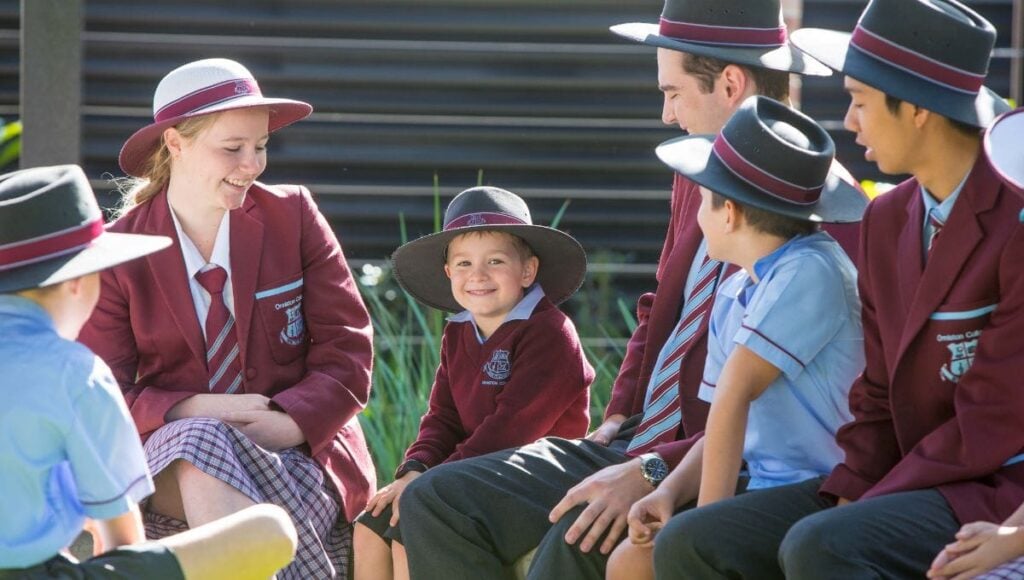It is not that long ago that to have regular tuition outside of school hours was considered unusual and, in the main, used by families with a teenager aiming for a university course that required good grades in maths and sciences.
In the 21st Century however, things have changed. Walk into any tuition centre today and you will see a wide range of children across all school years (from Prep to Year 12) with varying needs and goals. While a range of factors are driving this scenario (and will be discussed below), I think it’s fair to say that schools and parents are very aware of the value of children doing well at school, and the importance of their education for their future.
Change in Modern Families
To start with, let’s take a look at today’s families. The Australian Institute of Family Studies released statistics in 2011 which showed that the proportion of families with both parents working fulltime had increased from 17% in 1983 (when 50% of all families had one stay-at-home parent) to 25% in 2011. Greater engagement in fulltime employment was found to result in parents feeling increased pressure on their time.[i]
Arguably, part of this pressure comes from the highly structured lives of each and every member of a family, which in turn leaves little time for patient parental supervision of children’s homework (and many children don’t respond well to this anyway). And then, just to add to the pressure, geographical separation from aunts, uncles and grandparents is increasingly common and so support from within the extended family isn’t always available. In other words, the nuclear family – regardless of income – is under pressure.
Change in our Educational Expectations
Now, let’s look at the education system. Ever since HECS was introduced, education has become a seriously expensive business and high school students are under enormous pressure to get into the course of their choice. As the cost of higher education has risen in recent years, beginning one course as a stepping stone to another, because your results in Year 12 do not allow you to enter the course of your dreams, isn’t always an option. Another pressure on year 12 students derives from the expectation that all children will complete this year of their schooling. This means that some students are attempting a level of study that is challenging for them to do without additional support.
Change in Education Policies
And finally, let’s add a dash of politics to the mix. Historically, every Australian state has had complete autonomy over its education system. The extent to which it was free, secular and compulsory; starting and leaving ages; the curriculum; and the administration of examinations was determined at the State level. As society has become more mobile however, and the need for a more centralised national system has become apparent, significant changes have been imposed upon all states, including Queensland. The introduction of the Prep year and the transition of Year 7 to the secondary school system are two changes that have impacted on families and schools in recent years.
More Changes in Education Expectations

Another impact, which has been experienced most keenly by Queensland students, is that our children have been, on average, six months younger in their grade level than children in other states. This has meant that when the national performance exams – NAPLAN – were administered, Queensland children haven’t been performing as well as those in other states. As a result, schools and teachers are under immense pressure to improve students’ test scores, a situation which places teachers under greater levels of stress. This no doubt has ramifications for students, as children pick up on stress even quicker than they’ll pick up a cold.
The increasing popularity of tuition is, therefore, the result of this complex mix of factors. We are an ambitious society and we all want our children to do better than we did. What is different today, however, is the unrelenting pressure on time and performance, which leaves little opportunity for slow-paced learning and lots of revision. It makes after school tuition a no-brainer for a growing numbers of parents who want their children to succeed. All children want to learn and when they are learning and growing in confidence and achievement, they become happier and more successful people. A properly structured program delivered by a professional tutor is almost a guarantee of success, and the only person happier than the child who is learning is that child’s parent.
Notes:
[1] Reported in the Daily Telegraph, 20 May 2011
To find tutors and school support near you check out our Clubs & Classes pages in our print magazine or on our website here.
This article was published in Issue 3 of our print magazine, April/May 2014.

